The importance of this valuable lecture, “The objective of reforming human thinking from the Qurʾānic perspective”, lies in that it reveals the objective of the Qur’ān in reforming the intellect, as an Islamic legal demand, and original Qur’ānic purpose. The lecture was delivered by Dr Mohammed Awwam within the specialised training course titled “Objectives of the Noble Qur’ān”, organised by the Centre for the Study of the Philosophy of Islamic Law, and held in Rabat - Morocco. The lecture addressed the approaches and outcomes of this reform, through the many issues from diverse contexts raised in the Qur’ān. Another related objective was to instil robust scientific thinking in the Muslim, where evidence and argumentation (al-istidlāl) serve as a unique basis for making choices. The Noble Qur’ān granted thinking great prominence, and addressed this matter as the highest priority, given it is a means to an end, and foundation on which to build. Indeed, without reforming thinking, then life cannot be changed for the better. Therefore, the lecture focused on the following areas of enquiry: reforming human thinking through knowledge, reading, evidencing, and argumentation, exercising evidenced argument and honest debate, invitation to consider and reflect, checking and validating reports, and teaching the proper approach to contrasting and balancing (al-muwāzanah).
 Shared Knowledge
Shared Knowledge
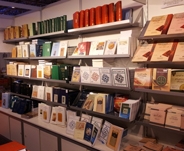
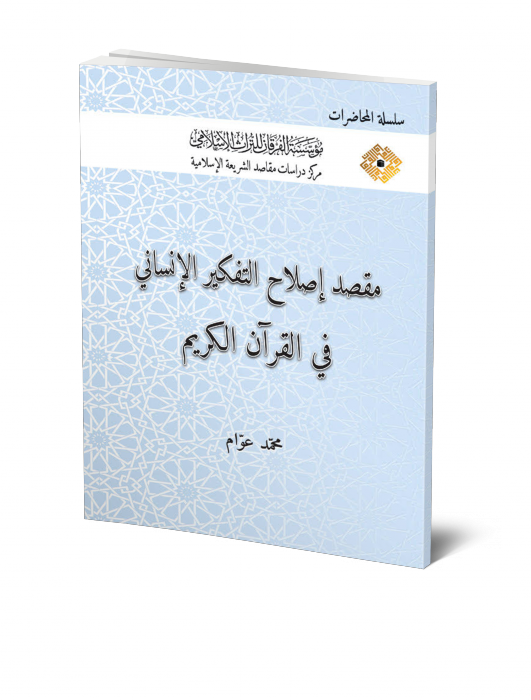
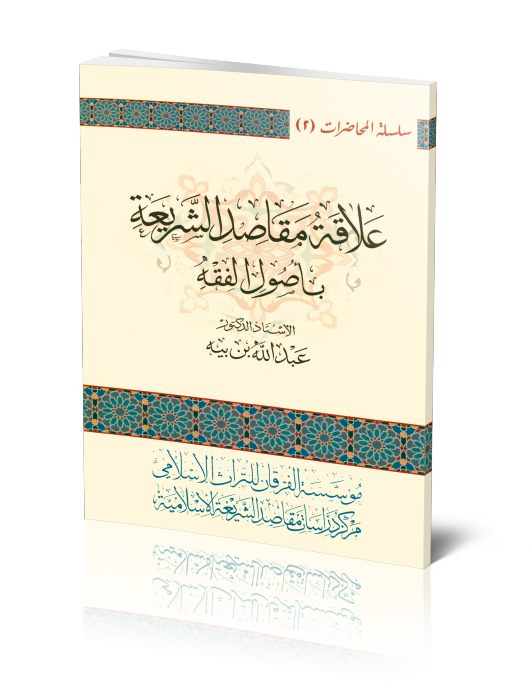 The Relationship between Purposes (Maqāṣid) and Fundamentals (Uṣūl) of Islamic Law
The Relationship between Purposes (Maqāṣid) and Fundamentals (Uṣūl) of Islamic Law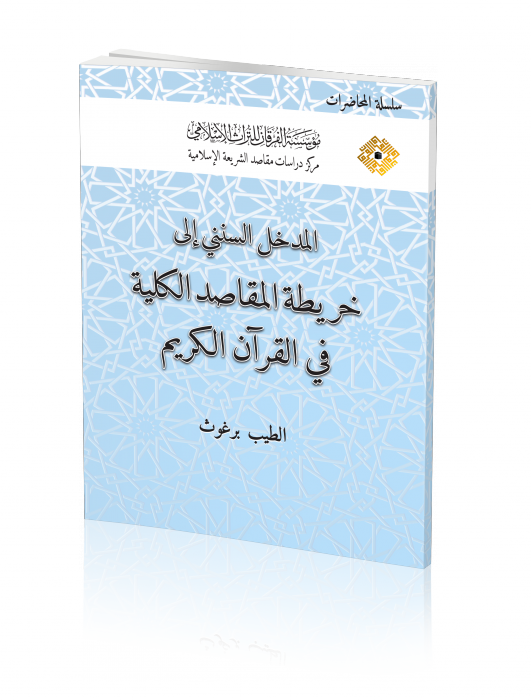 The Methodological Introduction to the Map of the Universal Objectives of Islamic Law in the Noble Qurʾān
The Methodological Introduction to the Map of the Universal Objectives of Islamic Law in the Noble Qurʾān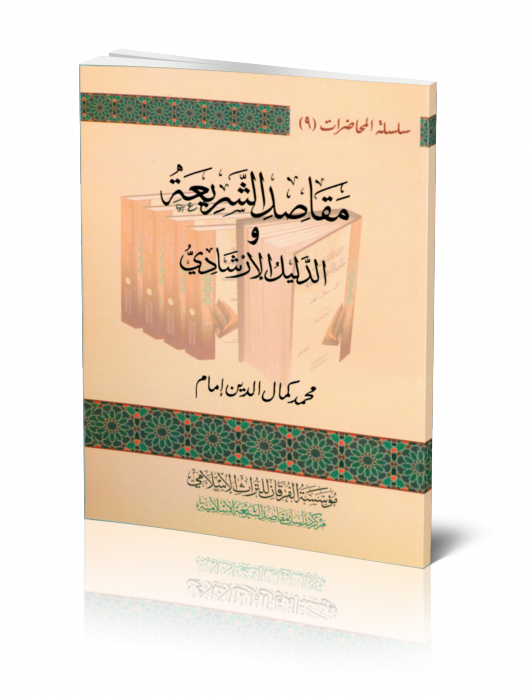 Purposes of Islamic Law & its Bibliography: Maqāṣid al-Sharīʿah wa al-Daleel al-Irshādī
Purposes of Islamic Law & its Bibliography: Maqāṣid al-Sharīʿah wa al-Daleel al-Irshādī